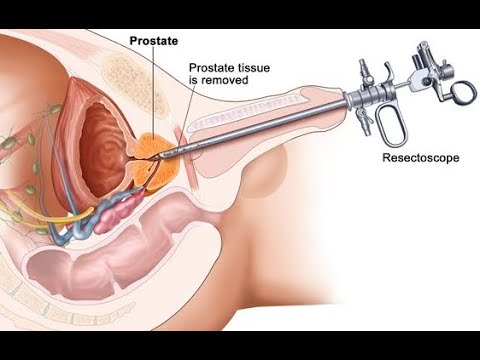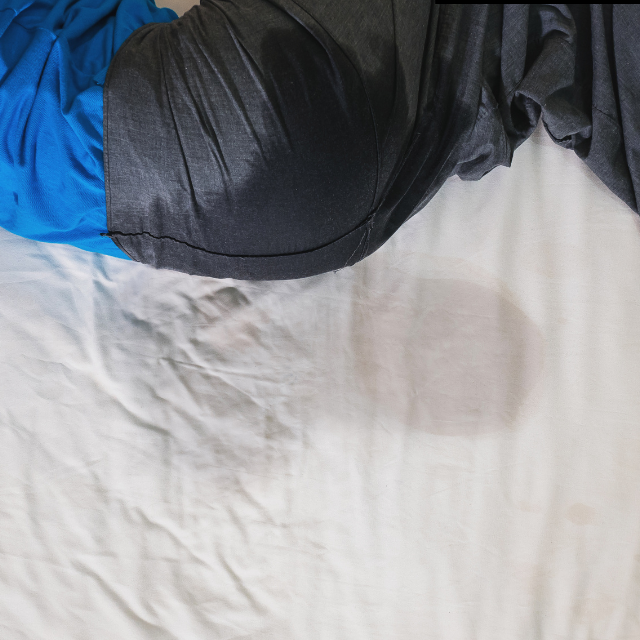This blog will help you to understand:
What is TURP?
Transurethral resection of the prostate (TURP) is a surgical procedure used to treat benign prostatic hyperplasia (BPH), a condition where the prostate gland enlarges and causes urinary problems. During TURP, a surgeon trims away excess prostate tissue that's blocking the urethra, the tube that carries urine from the bladder out of the body.
The procedure is performed by inserting a scope called a resectoscope through the urethra. This scope has a tiny camera and an electrical loop that's used to cut and remove the obstructing prostate tissue. TURP can improve symptoms like frequent urination, weak urine flow, difficulty starting urination, and incomplete emptying of the bladder.
It's important to note that while TURP can be highly effective in relieving symptoms of BPH, it is a surgical procedure and may have risks or complications associated with it. Recovery times can vary, and patients might experience temporary side effects like blood in the urine, urinary incontinence, or difficulty controlling urination in the immediate postoperative period.
Patients considering TURP should discuss the procedure, its potential risks, benefits, and alternatives with their healthcare provider to make an informed decision based on their individual circumstances and medical history.
Why TURP is done?
TURP helps reduce urinary symptoms caused by benign prostatic hyperplasia (BPH), including:
Poor flow or a weak stream.
Urinary frequency (the need to urinate often).
Urinary urgency (the need to urinate in a hurry).
Difficulty in starting to urinate (hesitancy).
Waking up at night to urinate (nocturia).
Dribbling at the end of urination.
Incomplete emptying of the bladder.
Recovering from TURP:
- You'll usually need to stay in the hospital for 1 to 3 days after your operation, although at some hospitals you can go home on the same day.
- The catheter used during the operation will usually be taken out between 1 day and 1 week afterwards.
- It's common to feel tired and under the weather for a week or two after going home. Most men are up and about after this time, but you'll need to take things easy for 3 to 4 weeks.
- You'll usually be advised to stay off work and avoid lifting heavy objects, doing strenuous exercise, driving and having sex for at least a few weeks.
- It's normal to have some difficulties peeing and some blood in your pee for a few weeks. These problems should get better as you recover, but you should contact the hospital clinic or your doctor if you're concerned.
What are the risks?
- In most cases, TURP is a safe procedure and the risk of serious complications is very small.
- However, many men who have a TURP lose the ability to ejaculate semen during sex or masturbation, although they still have physical pleasure from ejaculation (orgasm). This is known as retrograde ejaculation.
- Some men also lose the ability to control their bladder (urinary incontinence), although this usually passes in a few weeks. In rare cases, it may be persistent and need further treatment.
- There's also a small risk of problems such as erectile dysfunction, difficulties passing urine and urinary tract infections (UTIs).
Cost of TURP Surgery in Pune:
On average, the cost of TURP surgery in Pune can range from INR 50,000 to INR 2,00,000 or more, but this estimate might change depending on the mentioned factors and the healthcare facility's pricing structure.
It's crucial to consult with the hospital or healthcare provider directly to get an accurate and detailed cost estimate for TURP surgery, including all associated expenses such as pre-operative tests, hospital charges, surgeon's fees, anesthesia, and post-operative care.
For more information or any doubts, you can contact Dr. Sachin Patil (MBBS, MS - General Surgery, MCh - Urology/Genito-Urinary Surgery Urologist, Laparoscopic Surgeon) at Lifetree Hospital - Hinjewadi
For appointments you can call us at: +91 8379092000 / 8530220401


